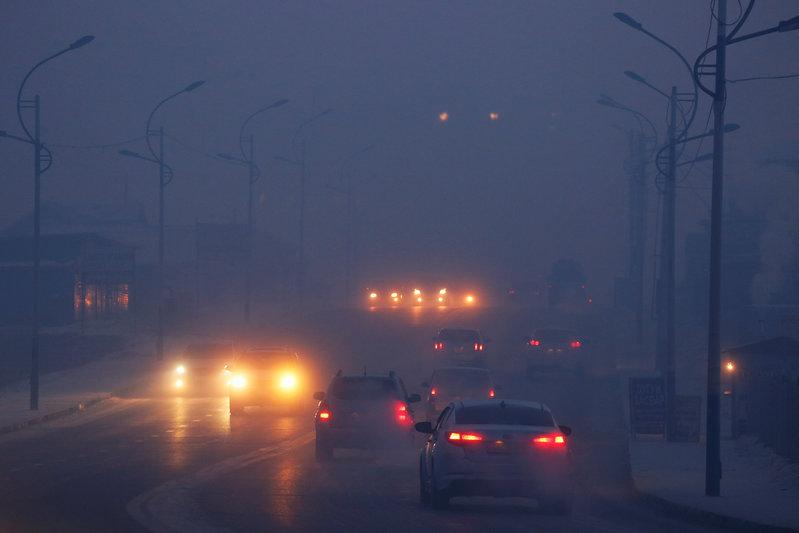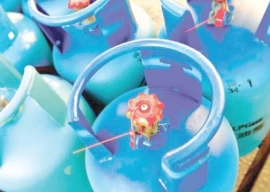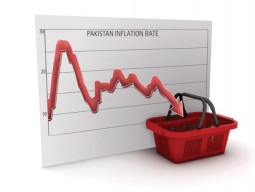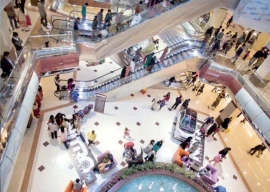
In a letter sent to Petroleum Secretary Sikandar Sultan Raja, Hascol Petroleum Chief Executive Officer Saleem Butt recalled that in November 2016 the government had decided to upgrade the quality of motor gasoline with the introduction of three grades - Research Octane Number (RON) 92, 95 and 97 - by replacing RON 87.
At the same time, domestic refineries were also asked to produce superior motor gasoline (petrol).
Consequently, he said, the refineries and suppliers to Pakistan started adding a high dosage of Methylcyclopentadienyl Manganese Tricarbonyl (MMT) to motor gasoline to meet the revised specifications and save cost as production of RON 92 gasoline through other processes would prove expensive.
MMT increases manganese content in motor gasoline which reacts with catalytic converter and chokes it, besides having adverse impact on human health due to air-borne metallic particles.
'Electric cars are more reliable than other type of vehicles'
A complaint has already been lodged by Honda Atlas Cars with the Oil and Gas Regulatory Authority (Ogra) as it finds fuel samples of Pakistan State Oil, Shell Petroleum and Total containing high manganese levels at 53 milligrammes per kilogramme (mg/kg) instead of the acceptable limit of 24 mg/kg.
The presence of high levels of manganese destroys vehicle engines, environment and public health as manganese is as harmful as lead which is banned globally.
“We request you to advise the DG Oil to revise motor gasoline specifications immediately and limit manganese content to 24 PPM (parts per million) and the testing of manganese be made mandatory for all motor gasoline produced by local refineries and imports,” Butt said in the letter.
Motor gasoline is produced by refineries after blending various components produced by naphtha processing. The product is supplied to marketing companies for its sale to end-users.
Refineries all over the world are required to supply products as per specifications laid down by authorities in their respective countries.
At times, the refineries use various chemicals to achieve the desired specification. A key quality gauge for gasoline is RON which indicates the ease of burning the fuel.
18 killed in accidents across Punjab as smog engulfs province
Earlier, Tetra Ethyl Lead was used to increase the RON quality but it was banned all over the world due to its carcinogenic nature and harmful environmental impact.
In 2000, Pakistan banned lead in gasoline and introduced RON 87 mono-grade gasoline. The same specifications were used for petrol imports into the country in the case of higher demand.
However, the refineries use other chemicals like Methyl Tertiary Butyl Ether, MMT or alcohol which have high RON to achieve the desired specification.
Addition of these chemicals is allowed in smaller percentages to avoid their adverse effects on engine parts, environment and public health.
Pakistan’s refineries produce only 25-30% of the motor gasoline demand and the rest (4.9 million tons) is imported by oil marketing companies using the import specifications issued by the DG Oil from time to time.
Published in The Express Tribune, November 8th, 2017.
Like Business on Facebook, follow @TribuneBiz on Twitter to stay informed and join in the conversation.

















COMMENTS (3)
Comments are moderated and generally will be posted if they are on-topic and not abusive.
For more information, please see our Comments FAQ